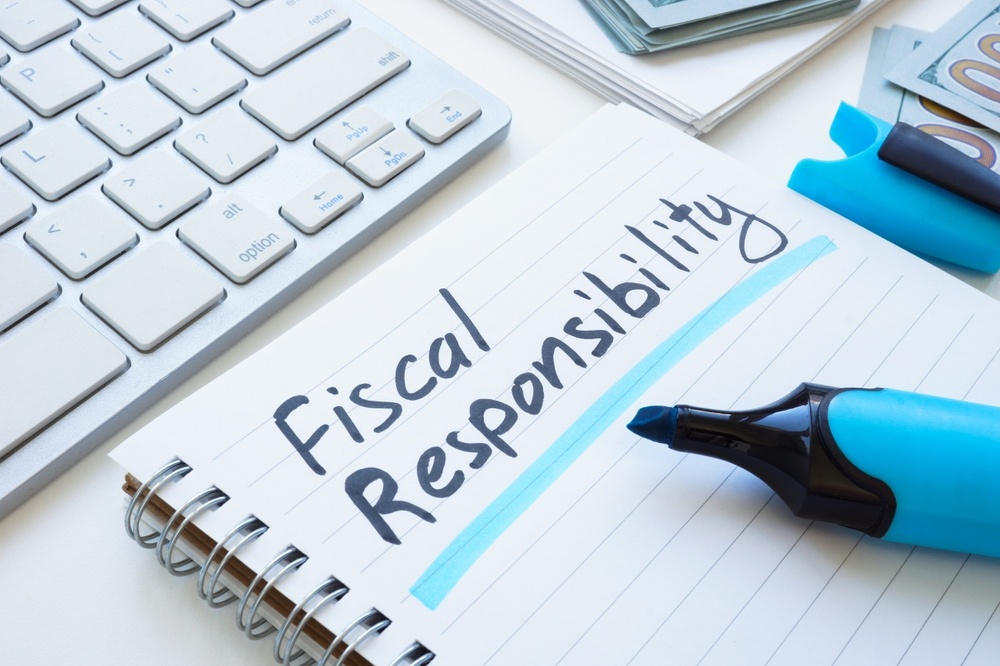
What is it about leaders that so many of them seem to be embroiled in ethical controversy? We in Ontario have a gas-plant scandal that won’t go away, as new revelations come forward. Even sadder than the original waste of more than $1 billion of public money – and Jewish tradition teaches that it’s next to impossible to properly atone for stealing from the public – are the repeated attempts at covering it up. Sadder still is that no charges will be brought against former premier Dalton McGuinty, and his successor may be able to avoid asking voters to pass judgment on whether she should be given a mandate to govern.
For all of his weaknesses, at least Toronto Mayor Rob Ford has not been involved in financial scandal and has a reputation as someone concerned about the public purse. Earlier this month, a former prime minister of Israel was convicted of bribery. The CEO of General Motors has been busy lately trying to figure out how and why the company failed to recall vehicles, even though it was aware of an ignition defect that caused at least 12 deaths.
As I was taught when studying Talmud, the simplest explanation is usually best. Money and power means more than the public welfare or even the lives of individuals. Of course, no one can or would admit to that, and if you were to talk to these same people one on one, you’d find that they don’t believe it either, which explains why investigations are set up, often wasting more money, so that other explanations that avoid the obvious can be proffered. Admitting that money and power trumps morality is too painful and leads to cognitive dissonance.
Yet acting on our more noble beliefs is most difficult. The temptations are too high, the potential rewards are too great and the culture of entitlement and political deal-making too strong. I recall a most insightful comment by Robert Kaplan (my MP for many years) that people generally have great respect for individual politicians, but it’s politicians in general whom they distrust and dislike.
Almost all who enter public service in all its many manifestations do so because they want to serve others and make a positive contribution to society. And I would say most do exactly that, working long hard hours often at less pay than they could earn elsewhere.
Yet these very same people often are the ones to perpetuate a system where doing what’s right takes a back seat to doing what’s expedient. They may feel playing by the system is the only way to accomplish other goals, and they may be right. Such is the sad reality of group dynamics. And if such is true regarding those who enter public service, it’s likely even more so for those who enter the private sector, where there are philosophical debates as to whether there should even be any concerns other than making money.
As I write these words a week before Pesach, perhaps an insight (which I trust is valuable even after Pesach) into the “four children” is instructive. “When your child will ask you,” which the Haggadah identifies as the question of the wise child, is written in the singular, whereas the question of the wicked child, “and when your children will say to you,” is written in the plural. Wrongdoing thrives when one is part of a larger group, where each individual can evade responsibility. A collection of well-motivated individuals can fail miserably when working as a group. And it takes a rare individual who can stand up against the many.
Newton taught in physics that every action has an equal and opposite reaction, and we have a similar idea in the moral world. Those same qualities – ambition, intelligence, vision – that produce greatness are the very same ones that can produce moral failure. This is why the fundamental quality we must seek in our leaders is that of character. Considering the opportunities they have for moral failure – opportunities most others don’t face – this is most crucial. These many, often anonymous, people can act in the best interest of others who are the true leaders of society.



